
Glean™ Urodynamics System developed by Bright Uro based on foundational technology created at Cleveland Clinic; Device received FDA clearance earlier this year

Glean™ Urodynamics System developed by Bright Uro based on foundational technology created at Cleveland Clinic; Device received FDA clearance earlier this year
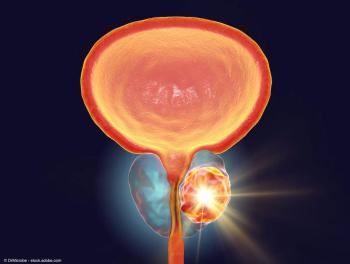
Zeyad Schwen, MD, a urologic oncologist at Cleveland Clinic, discusses how patient factors and cancer characteristics are key to deciding between focal therapies and whole gland treatment for prostate cancer.
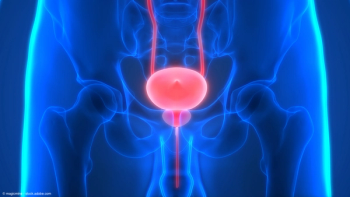
Data from the EV-302 trial showed a doubling of progression-free survival and overall survival with the ADC/checkpoint combination versus standard chemotherapy.

Novel research to evaluate noninvasive treatments in erectile dysfunction and chronic pelvic pain

Correlation found between the biomarker HSD3B1 and resistance to combined hormone therapy and radiotherapy

Hadley Wood, MD, shares her vision as the new editor-in-chief of Urology.

On an episode of Cleveland Clinic’s Cancer Advances podcast, host Dale Shepard, MD, PhD, talks with Omar Mian, MD, PhD, about emerging molecular biomarkers for genitourinary cancers.
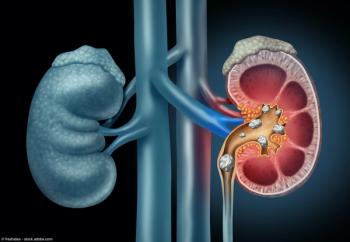
Cleveland Clinic is the first to investigate photonic nanoparticles as a potential kidney stone treatment.

These findings may help guide decision-making in the initial testing phase of the [sacral neuromodulation] device prior to permanent implant or explant, according to Bradley Gill, MD, of the Cleveland Clinic.

If replicated with further study, the finding potentially expands noninvasive fertility treatment options and may minimize the need for expensive reproductive technology, according to lead author Scott D. Lundy, MD, PhD, of Cleveland Clinic’s Department of Urology.

National MENtion It® campaign explores the impact stress has on men’s sexual and mental well-being.
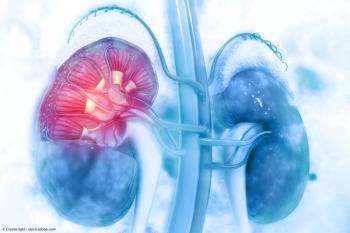
A Cleveland Clinic study found that TKIs in the neoadjuvant setting are associated with greater use of partial nephrectomy when treating patients diagnosed with renal masses in a solitary kidney.
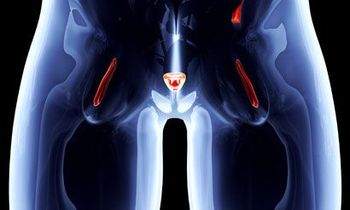
The published findings show the viability of using a transperineal ultrasound system as a means to monitor intra-fractional prostate motion for prostate stereotactic body radiotherapy.
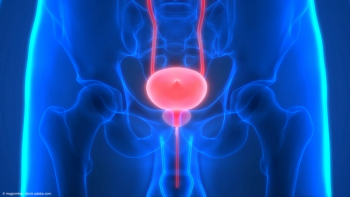
Aquablation is a “minimally invasive procedure [that] is safe with long-term durability and a low-side effect profile,” said urologist Dennis Bentley, MD.
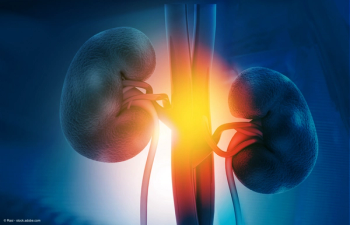
Smaller incision may lead to reduced postoperative pain for some patients.

“Our findings show that race-modified equations account for some but not all of the disparity in partial nephrectomy use. We need to keep searching for answers to ensure people of all races receive appropriate care," said Christopher Weight, MD.

“This study truly changes the paradigm of infections and suggests we need to work smarter, not harder, to prevent infections,” said urologist Scott Lundy, MD, PhD.

UroMonitor was developed in response to conventional urodynamics, which have several limitations.

Researchers still urge caution when considering testosterone therapy.

Study finds a 35% increase in vasectomy consultation requests.

The findings suggest creatinine-based eGFR equations alone may be inaccurate, and cystatin C or combined eGFR equations may be a more accurate assessment of kidney function in this population.

Cleveland Clinic surgeons describe a new technique for harvesting a rectal mucosa graft.

In an episode of Cleveland Clinic’s Cancer Advances podcast, Christopher Weight, MD, center director of Urologic Oncology at Cleveland Clinic, discusses robot-assisted retroperitoneal lymph node dissection.
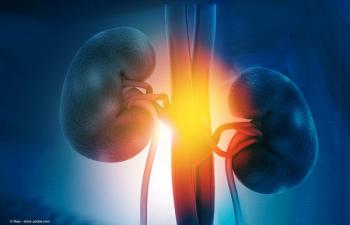
“The need for lifesaving organs continues to grow. We continue to increase patients’ options regarding the type of donors. We want them to get this life-changing procedure as soon as possible,” said Alvin Wee, MD.
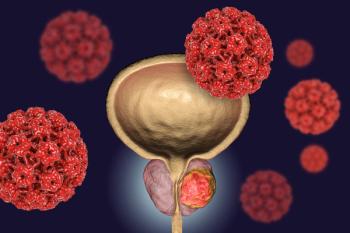
Cleveland Clinic highlights its use of irreversible electroporation, also known as Nanoknife, in select patients with prostate cancer.

Innovation is at the cornerstone for care in Cleveland Clinic’s Department of Urology, and it’s enabling experts to deliver more personalized approaches to patients.

Machine learning isn’t new to medicine or to urology, but its potential remains largely untapped, according to the authors of two new Cleveland Clinic–led studies.

Patients can now undergo prostate surgery with epidural anesthesia and light sedation, known as twilight sleep, without the need for a ventilator general anesthesia.

A team of Cleveland Clinic urologists and pediatric oncologists has developed a streamlined testicular tissue collection and storage process. They have enrolled and cryopreserved testicular tissue for nearly a dozen young patients so far.
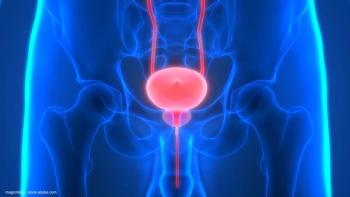
Cleveland Clinic specialist discusses the implications of the first published guideline for neurogenic lower urinary tract dysfunction

Published: January 11th 2022 | Updated:

Published: December 21st 2022 | Updated:

Published: January 5th 2023 | Updated:

Published: June 11th 2025 | Updated:
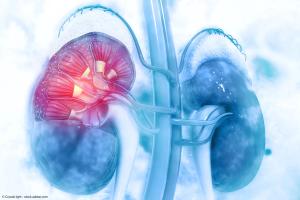
Published: September 2nd 2023 | Updated:
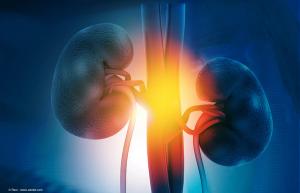
Published: February 26th 2023 | Updated: